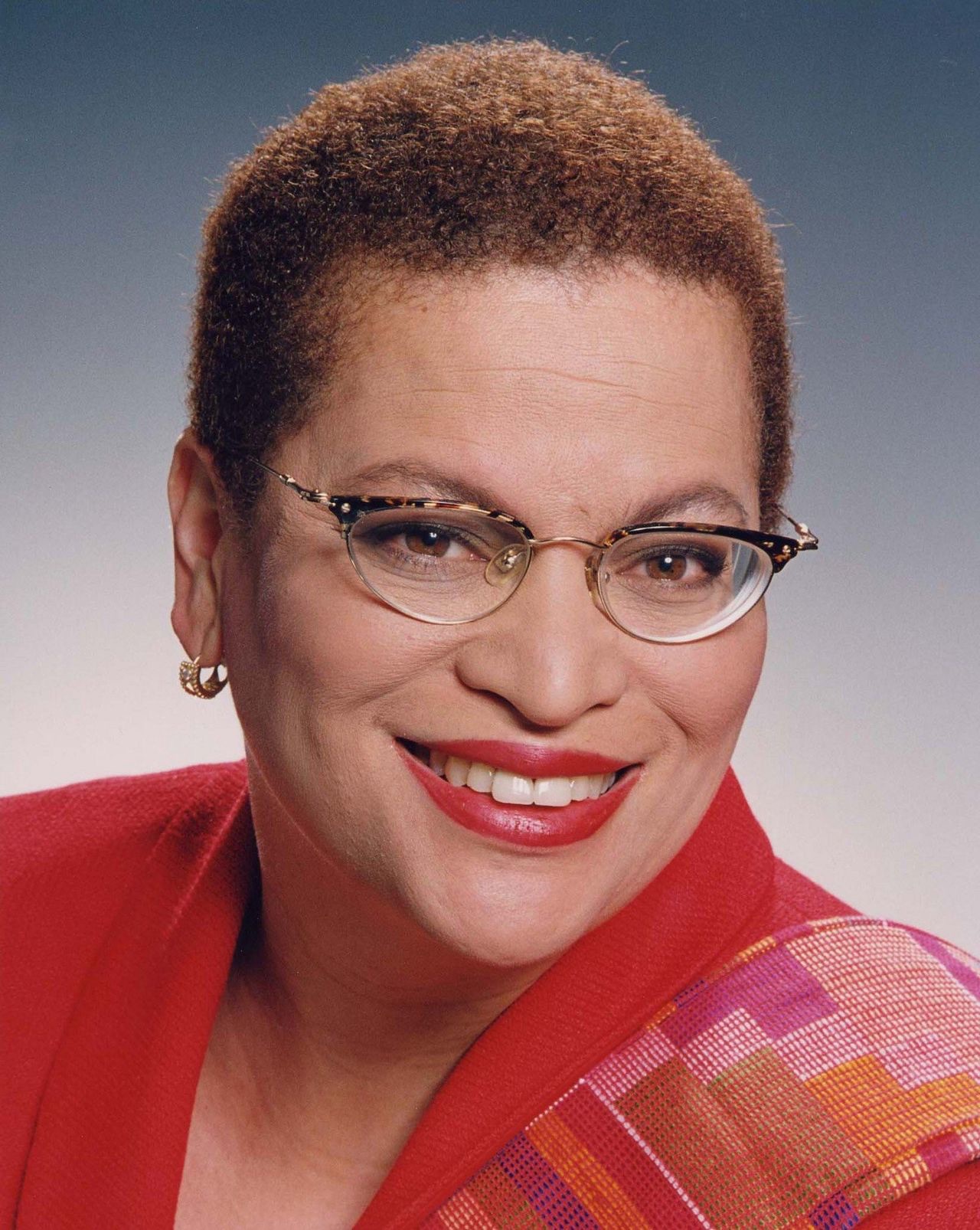Despite rising inflation and legislative drama, some economists are touting the latest jobs numbers as a cause for celebration. And there is good news in the recent jobs report. Job growth exceeded expectations, adding nearly 100,000 jobs from last month (bls.gov). Wages increased. But Black folks didn’t get the same gains that others did. The unemployment rate is trending down for everyone but Black folks. So, while the overall unemployment rate dropped from 4.8 percent to 4.6 percent, the Black unemployment rate remained at 7.9 percent. The President who “has outback” backed out of the issue of economic equity.
Am I being unfair? The racial unemployment gap is as old as our post-enslavement reality. It is, perhaps, unrealistic to expect President Biden to alter a racist, predatory capitalistic economic structure that yields unequal results for Black folks. At the same time, when a “brother” says he got your back, you want to see results. So far, few results. Is that why some Black Virginians stayed home instead of participating in a tight election with significant national consequences?
Just as COVID-19 blew the lid off our nation’s flaws and inequality, so will the aftermath of COVID continue to highlight our nation’s inequality in education, health, and employment. Black folk are still the last hired, first fired. Even as some employers say they are desperately seeking workers, they aren’t desperately seeking Black folks. The Black unemployment rate, as always twice the white rate, is a testament to that.
The Build Back Better legislation will create some jobs and repair some infrastructure.Still, will enough of these gains be targeted to those African Americans who have been historically sidelined and further impacted by the violent treatment of Black folks in our nation’s history? Some unenlightened white folks are resisting any notion of closing, like the white farmers who don’t even want pennies to be offered to Black farmers who have lost much of their land because of the racism that permeated the documented racism of the Department of Agriculture (https://www.thenation.com/article/society/black-farmers-pigford-debt/).
The Black folks who worked so hard to get the vote out aren’t seeing the expected return on investment. All this talk of good news leaves some Black folks feeling “some kind of way” as if we have been used and discarded. And President Biden and Vice-President Harris are juggling aggrieved Black people and entitled white people who ignore history. The pushback to “critical race theory,” which is taught in no k-12 school, nor any undergraduate college, is a way of saying that too many white people don’t want to deal with our nation’s second original sin (the first is the expropriation of American Indian land, the second being the brutality of enslavement). Whatever the Biden-Harris team is juggling, they risk alienating their base if they don’t do more for Black folks.
Where is the good news for Black folks in these recent economic reports? It’s not in the unemployment rate nor in the wages creeping up for some, not for others. It’s not in the uneven ways that inflation affects us. It’s not even in the Build Back Better infrastructure legislation, which may or may not have a positive impact on Black cities and Black clean water when Republican legislatures will decide who gets what from BBB (https://www.washingtonpost.com/national/a-mississippi-citys-water-system-is-collapsing-the-federal-infrastructure-bill-could-help-save-it-but-only-if-the-state-cooperates/2021/11/06/db291b16-3669-11ec-9a5d-93a89c74e76d_story.html). The legislation would be more potent if cities, instead of states, were prioritized, since we know that the pandemic affected urban dwellers more than cities.
I was sitting with a young activist, counseling the patience that many sowed into me decades ago when I was an angry baby girl activist. I was told then that it was going to be an evolution, not a revolution. I resisted that advice saying that things could immediately change if we demanded it. Not. We can’t flip the script right this minute. But we can’t give up.
When we hear this economic good news, we must resist the celebration and remind our allies that as long as there is a racial economic gap, there should be no economic celebration. The so-called progressives excited about Biden gains need to ask themselves why Black folks remain sidelined and why the racial economic gap is acceptable. And they need to be as vocal about these gaps as they are about climate change and other vital issues. Who get to live economic good news?
Good economic news is only tepid news for Black folks.

Dr. Julianne Malveaux is an economist, author, and Dean of the College of Ethnic Studies at Cal State LA. Juliannemalveaux.com






